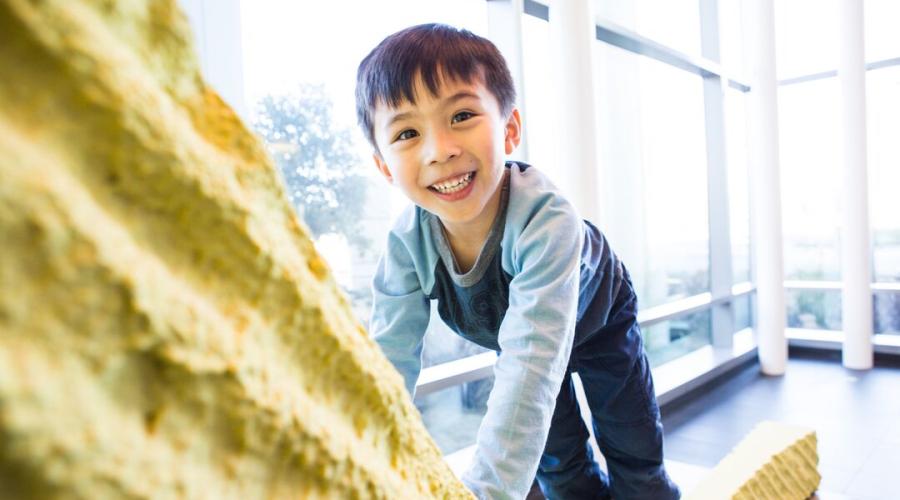
Providing Free Medical Exams for Children and Youth Seeking Asylum
A forensic medical exam can improve the success rate for people applying for asylum in the United States from 30% to nearly 90%, but access is limited by a shortage of qualified healthcare professionals that can document human rights violations.
“Even established medical and psychological professions require special training for these exams, as they involve asking highly sensitive questions and detecting subtle signs of previous trauma,” says Zarin Noor, MD, MPH, an expert in immigrant health and UCSF Associate Professor of Pediatrics in the Division of General Pediatrics.
To corroborate the testimony from someone seeking asylum that their home is too dangerous to return to, forensic medical exams identify signals of torture, isolation, persecution and abuse. Exams can take up to 4 hours and are followed by a written report for use in legal proceedings.
Free Exams for Children
Noor and fellow immigrant health expert Raul Gutierrez, MD, MPH, UCSF Associate Professor of Pediatrics, successfully launched the UCSF Pediatric Human Rights Collaborative-East Bay in 2021, a pediatric asylum clinic in Oakland, where they offer free forensic medical exams and train healthcare professionals on the nuances of caring for immigrant children and youths. It is the one of the first clinic of its kind in the United States and has seen patients from Mexico and Central America, South Asia and the Middle East.
“We saw great value in a specialized pediatric clinic that takes into consideration the unique needs of children with respect to age, development and the effects of trauma,” says Noor.
Such services are becoming increasingly vital, with 100,000 unaccompanied or asylum-seeking minors entering the United States each of the last two years. Just in 2021, the Oakland School District welcomed nearly 1,000 such individuals. Before launching their pediatric clinic, Noor and Gutierrez had been involved with the UCSF Human Rights Collective, which also provides free forensic medical exams for asylum seekers but mostly focuses on adults.
“Feedback from our legal partners confirms that these medical exams can truly change the course of a person’s life. Our impact continues to expand as we train more examiners, refine best practices and help more people going through the difficult asylum process,” says Noor.
Going Further for Those in Need
Recognizing that children seeking asylum often face complex health issues that can be made worse by barriers to needed health services, the team at the clinic is committed to doing everything they can to secure care for someone who comes to the clinic with unaddressed medical needs.
One 16-year-old client had been marked for immediate follow-up due to trauma from severe bullying. Their mother had been requesting the county for mental health services for weeks but couldn’t make any progress. They felt completely blocked and didn’t have any other options to pursue given their immigration status as asylum seekers.
“We deployed our medical student care team, who initially ran into some barriers finding the status of the mother’s request due to strict privacy laws. But, together with the child and mother on a conference call, the assigned medical student helped them navigate the system and book a therapist,” says Noor.
Mentoring the Next Generation
Noor and Gutierrez also created and co-direct the UCSF Center of Excellence for Immigrant Child Health and Wellbeing, which serves as an institutional hub to support actions that improve healthcare equity for children in immigrant families, such as the Pediatric Asylum Clinic. Their immigrant health curriculum trains pediatric residents on the multi-layered determinants of health for immigrant populations and how best to serve them.
In addition, Noor wants to help address the global shortage of medical forensic examiners by opening medical students to the impact of this work early in their training.
“Our asylum clinic is co-coordinated by medical students, giving them invaluable direct exposure to the needs of immigrant populations and the importance of trauma-informed care with cultural humility,” says Noor.
The UCSF Pediatric Human Rights Collaborative-East Bay provides in-person services once per month by referral only. Referrals must be submitted by a client’s legal representation. To submit a referral, please visit the UCSF Health and Human Rights Initiative.
